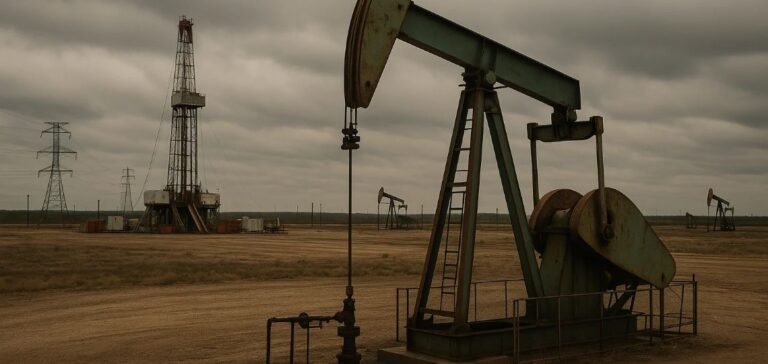US oil stocks increased by only 200,000 barrels for the week ending April 18, according to the US Energy Information Administration (EIA), a figure significantly lower than expectations, which anticipated an increase of more than 1.5 million barrels. This modest rise in reserves was reported by the EIA on April 23, 2025.
The total reserves, excluding the strategic reserve, reached 443.1 million barrels, their highest level since July 2024. The limited increase in stocks is partly due to an uptick in US refinery activity, with refineries using 88.1% of their production capacity, compared to 86.3% the previous week. This increased refinery activity contributes to a reduction in crude inventories, as the crude is further refined in this context.
Decline in exports and imports
US crude oil exports plummeted by 30.41%, while imports fell by 6.87%. Meanwhile, stocks at the Cushing, Oklahoma delivery hub decreased by 100,000 barrels, further contributing to the overall reduction in reserves. These combined factors played a role in the evolution of US oil inventory levels.
Impact on oil prices
While the report on inventories suggested a positive dynamic for oil prices, due to increased gasoline demand, the impact was limited. According to Robert Yawger, an analyst at Mizuho USA, “the positive dynamic in the report was overshadowed by information regarding a potential increase in production by OPEC+.”
Sources close to the matter told Reuters that some OPEC+ members are considering raising their oil production in June, which has fueled concerns about an oversupply. This information has contributed to downward pressure on oil prices.
Oil price movement
As of 16:00 GMT, the price of West Texas Intermediate (WTI) crude had fallen by 2.80%, trading at $61.89. Meanwhile, the Brent crude price for June delivery was down by 2.49%, settling at $65.76.





















